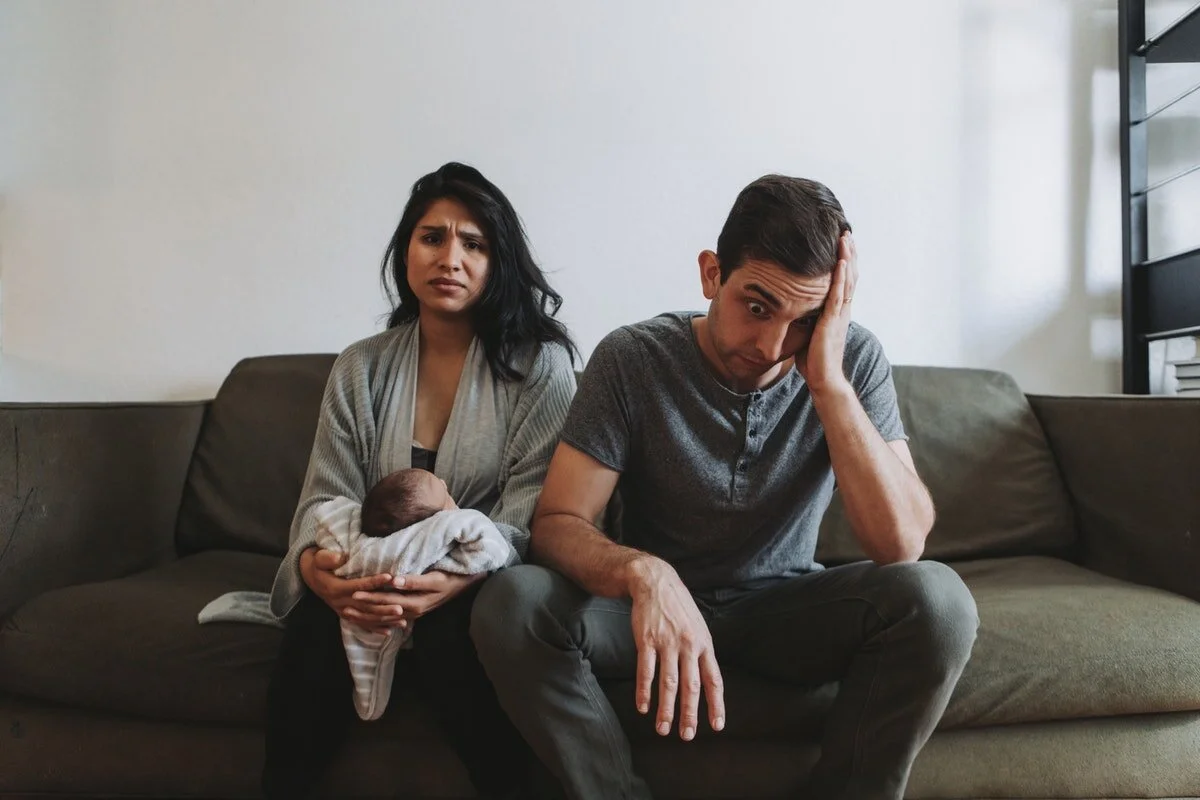Early Warning Signs Of Postpartum Depression That Expecting & New Moms Need To Be Aware Of
Image via RawPixel
According to a CDC study, 1 in 10 women experience PPD. Treatment for PPD involves a combination of therapy and medication. The earlier it’s tackled, the greater the odds are for you, if left undetected it can result in suicide. If you’re expecting or a new mom of the first things you can do is to self-test your risks. According to Harvard Medical School, the Edinburgh 10-question self-rating scale is an efficient and effective way of identifying moms who are at risk for “perinatal” depression. Will you be at risk?
DOWNLOAD THE SCALE HERE
If you’re a expecting or new mom there are a few signs to look out for no matter if you’ve had your first, second, third, or fourth baby.
Here’s a list of signs:
1. Sadness and guilt
The first 2 weeks home you’ll feel an abundance of emotion, most moms complain of feeling sad or overwhelmed. If your sadness becomes extreme, and that’s all you’re experiencing, this alone is a sign of PPD. Added to this if there’s guilt mixed with sadness, sound off to someone! Talk to your health care provider to find out if what you’re experiencing is within range or abnormal.
2. Decision making becomes impossible
New Mom life is loaded with fatigue and exhaustion if you feel like you’re "too tired to care" about making any decisions, this too is a red flag. Not wanting to get out of bed or not wanting to take a bath or go for a walk. If you’re having difficulty making decisions associated with just being overtired. PPD Alert!!
3. Appetite changes resulting in weight changes
When it comes to depression in general, one of the signs is a drastic change in appetite and weight. If you’re eating too little or overeating, this will result in a drastic drop in weight or a drastic gain, and that alone is a sign of PPD as well.
4. Having trouble sleeping
Newborn sleep is something you’ll have to get use to and figure out. What no one says is how interrupted your sleep pattern is and how you’ll need to adjust everything to fit in sleep. However, moms suffering from PPD are unable to sleep at all when they even have the chance to do so. So monitor your sleep, pay attention to the signs.
5. Isolating yourself from others
Any on set of PPD means you’ll want to shun your partner, family members, and will even show little interest in your newborn. You’ll not want to engage with anyone and will often isolate yourself instead.
6. The constant worry about not being a good mom
There’s a lot of anxiety that coincides with depression and that involves the constant worry about being a good mom. You’ll find reasons to believe that you’re failing and will think very poorly of yourself. Self-esteem takes a beating with PPD.
7. Suicidal thoughts
Any thoughts of suicide is when PPD becomes extreme and you need immediate help.
Here are a few more resources:
Postpartum International, free hotline to talk with a therapist https://www.postpartum.net/
The American College of Obstetrician and Gynecology: ACOG postpartum FAQ’s
Postpartum Stress Center: https://postpartumstress.com/
Postpartum Depression Online Counseling by phone: https://www.betterhelp.com/








Leave a comment